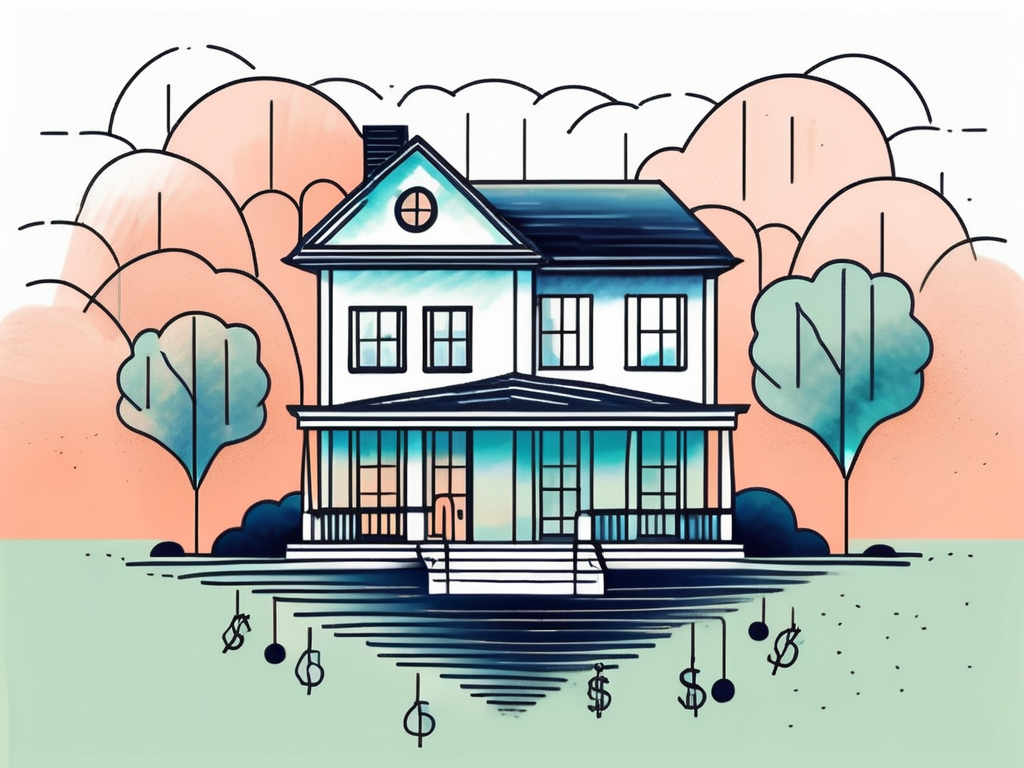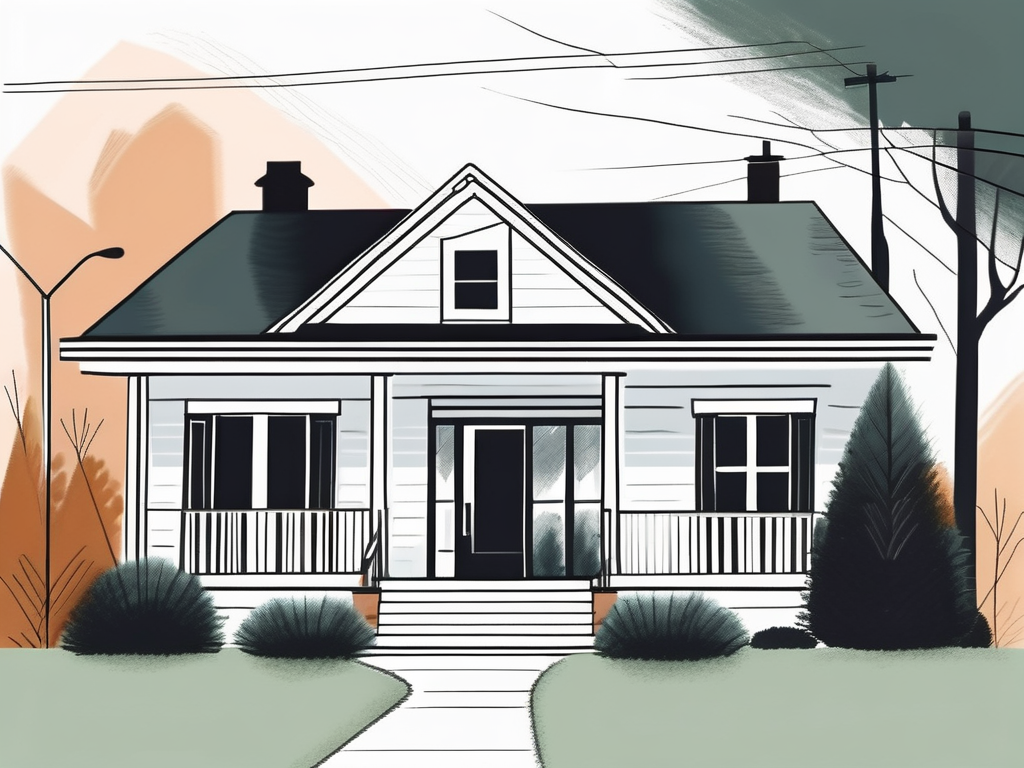Selling Your Home Without an Agent in North Carolina
Choosing to sell your home without an agent in North Carolina can be a challenging yet rewarding process. You'll have full control over the selling process, potentially save on agent commissions, and have the satisfaction of doing it yourself. This guide will walk you through the steps and considerations involved in selling your home without an agent in North Carolina.
Understanding North Carolina Real Estate Laws
Before you embark on the journey of selling your home without an agent, it's crucial to familiarize yourself with North Carolina's real estate laws. These laws govern the sale of property and protect both the buyer and the seller.
North Carolina law requires sellers to provide a Residential Property Disclosure to potential buyers. This document outlines the condition of the property, including any known defects or issues. Failing to provide this disclosure can lead to legal complications.
Furthermore, North Carolina is a "caveat emptor" state, meaning "buyer beware." While the seller is required to disclose known issues, the buyer is responsible for conducting their own due diligence. As a seller, it's important to be transparent to avoid any potential legal issues post-sale.
Preparing Your Home for Sale
Home Staging
First impressions matter when selling a home. Staging your home can make it more appealing to potential buyers and help it sell faster. This can involve decluttering, rearranging furniture, or even repainting rooms to make them more appealing.
Remember, the goal of staging is to help potential buyers visualize themselves living in your home. Keep personal items to a minimum and aim for a clean, neutral look.
Home Repairs
Before listing your home, consider making necessary repairs. This could range from fixing a leaky faucet to replacing outdated appliances. While these repairs may require an upfront investment, they can increase your home's value and make it more attractive to buyers.
Remember, as a seller in North Carolina, you're required to disclose any known issues with the property. Making repairs before listing can help you avoid potential issues during the sale process.
Setting the Right Price
Setting the right price for your home is a critical step in the selling process. Price your home too high, and it may sit on the market. Price it too low, and you could leave money on the table.

To determine the right price, research recent sales of similar homes in your area. Consider factors such as location, size, condition, and amenities. You may also want to hire a professional appraiser to provide an objective valuation of your home.
Keep in mind that the real estate market in North Carolina can fluctuate. Stay informed about current market conditions to ensure you're pricing your home competitively.
Marketing Your Home
Once your home is prepared and priced right, it's time to market it. This involves listing your home on real estate websites, hosting open houses, and promoting your home through social media and other channels.

High-quality photos are crucial for online listings. Consider hiring a professional photographer to capture your home in the best light. Additionally, write a compelling description that highlights your home's best features and what makes it unique.
Remember, selling a home without an agent means you'll be responsible for all aspects of marketing. Be prepared to invest time and effort into promoting your home to reach potential buyers.
Closing the Sale
Once you've received an offer on your home, it's time to move towards closing the sale. This involves negotiating the final sale price, agreeing on terms, and signing a purchase agreement.
North Carolina law requires a lawyer to be involved in real estate transactions. The lawyer will prepare the deed, conduct a title search, and facilitate the closing process. While this may add to your costs, it ensures the sale is conducted legally and protects your interests.
Finally, be prepared for the closing costs. These can include attorney fees, property taxes, and other expenses. As the seller, you may be able to negotiate for the buyer to cover some of these costs.
Conclusion
Selling your home without an agent in North Carolina can be a rewarding experience, but it requires careful planning and preparation. By understanding the laws, preparing your home, setting the right price, effectively marketing your home, and successfully closing the sale, you can navigate the process with confidence.

Remember, every home and situation is unique. While this guide provides a general overview, it's always a good idea to consult with a real estate attorney or other professionals to ensure you're making the best decisions for your specific situation.





